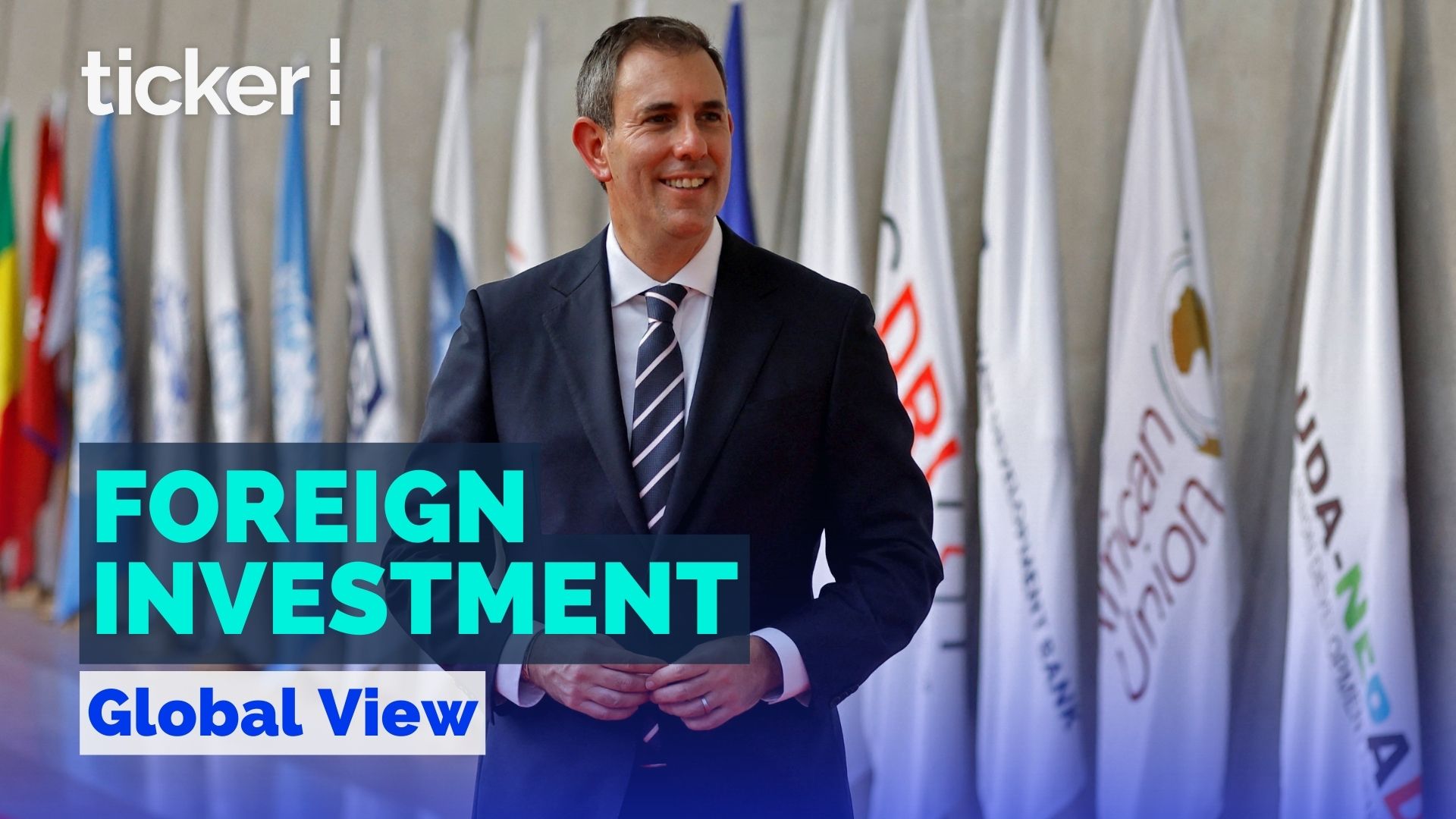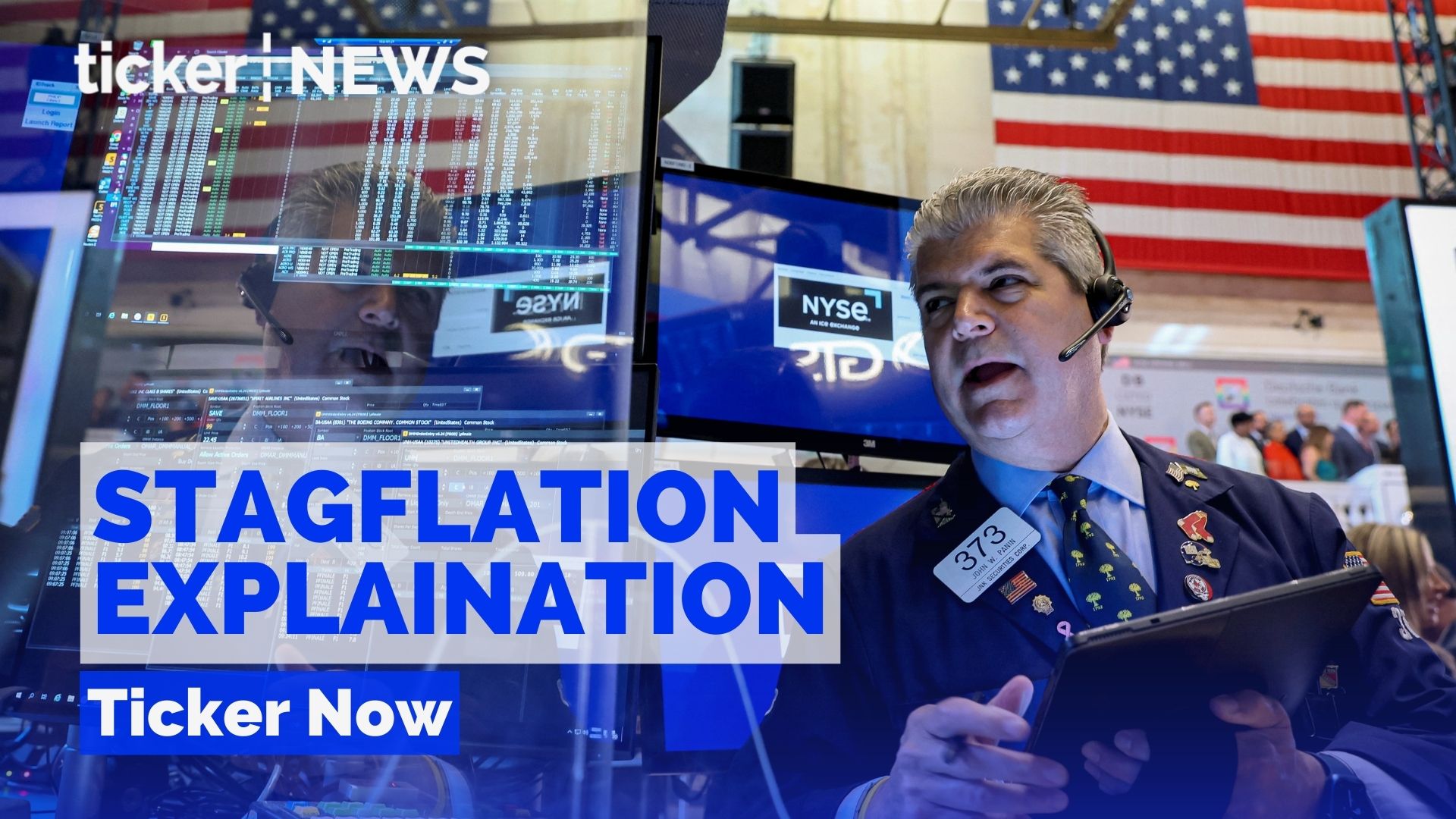Money
Netflix considering price increase amid password crackdown
-



 Leaders4 days ago
Leaders4 days agoASEAN: celebrating 40 years of friendship
-



 Leaders3 days ago
Leaders3 days agoA new business champion for Vietnam
-



 Leaders2 days ago
Leaders2 days agoSolving the ASEAN energy trilemma
-



 News3 days ago
News3 days agoPresident Biden threatens to cut off weapons supplies to Israel
-



 News3 days ago
News3 days agoOpenAI prepares search software to rival Google
-



 Money4 days ago
Money4 days agoWill Australia’s foreign investment rule create an economic boost?
-



 News5 days ago
News5 days agoU.S.-India pharmaceutical trade partnership?
-



 News4 days ago
News4 days agoHow Google’s Gemini AI will stand against cyber threats





